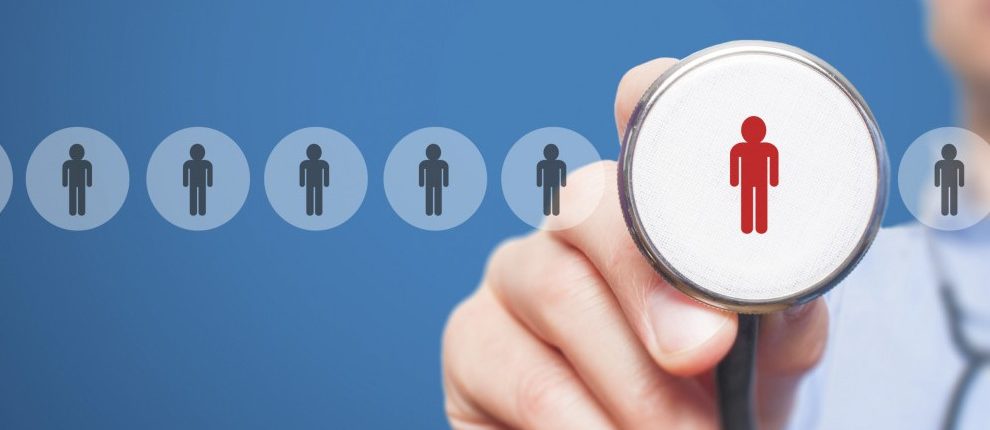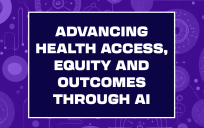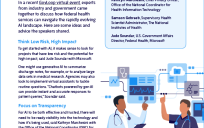
Donald Trump’s presidency brings along with it a Republican majority in the House and Senate, concern over the Affordable Care Act (ACA) and the impact of his presidency on global and public health. Trump’s 100 day plan includes a hiring freeze for all federal employees, except for those working in public health. However, his statement to first repeal and now repeal and replace the ACA is a statement that has many questioning how long replacing the act will take and what that means for those insured under the ACA.
John McDonough, professor of PH at the Harvard Chan School, says that a 100% repeal of the ACA is highly unlikely. The reason a total repeal is highly unlikely is because repealing the act would have to be accomplished through regular legislative order in the U.S. Senate. Republicans need a mandatory eight votes from Democratic senators, which is unlikely for them to receive.
For now, President-elect Trump and Republicans are moving towards a “repeal and replace” strategy. Trump has openly stated that he is willing to keep certain parts of the act. He willing to keep certain mandatory provisions such as children can stay on their parent’s health insurance plan until age 26 and the provision that insurance companies cannot deny coverage based on pre-existing medical conditions.
In terms of women’s health, President-elect Trump has stated that he would most likely nominate a conservative Supreme Court Justice who is in favor of a pro-life agenda. Republicans plan to repeal a large part of the ACA and aim to return all discretion regarding required benefits to states which include the ACA’s mandates on benefits such as birth control, mammography and prescription drugs. Women could lose coverage for certain services that are currently free such as contraception, mammograms, and folic acid supplements during pregnancy.
Provisions of “Obamacare” can be repealed using the budget reconciliation process which can be passed by a simple majority of 51 votes and cannot be stopped by a filibuster. Trump has advocated tax deductions and subsidies for Health Savings Account (HSAs) to make health insurance more affordable for those who currently do not have coverage. These provisions would do little or nothing for millions of people no receiving tax credits for coverage through the ACA. These people pay little in taxes, receive little benefits from deductions and have little to save in HSAs.
The president leads the Executive Branch which includes the military and has broad power over the government’s many agencies and regulatory bodies such as the Environmental Protection Agency (EPA), Centers for Disease Prevention and Control (CDC) and the United States Agency for International Development (USAID). Trump has stated that he is not a big believer in man made climate changehe is not a big believer in man-made climate change and appears to be following through on his promise of electing a climate-skeptic to lead the EPA. In terms of research and aid, current research grants are unlikely to be affected. New research grants will reflect the priorities of the new administration.
For more information on public health priorities of the new administration, please stay tuned for my article next week!
Priyanka R. Oza is part of the GovLoop Featured Blogger program, where we feature blog posts by government voices from all across the country (and world!). To see more Featured Blogger posts, click here.





Leave a Reply
You must be logged in to post a comment.